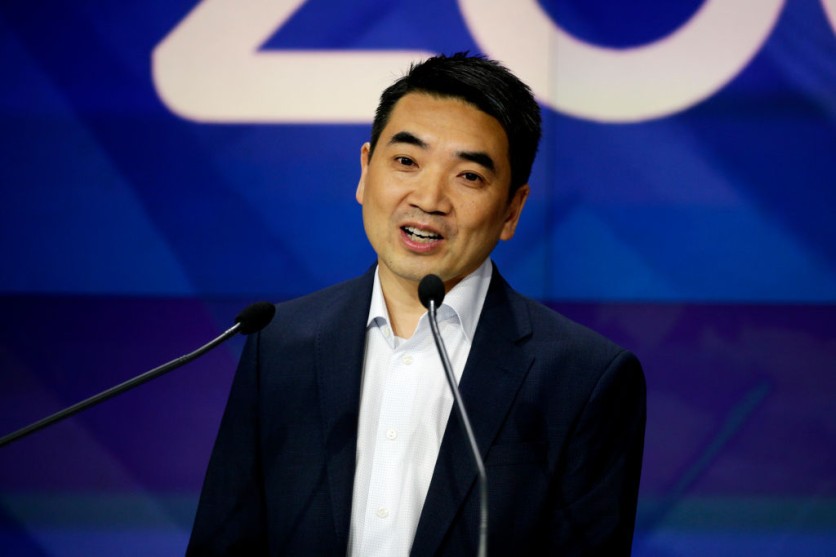Imagine a world where you no longer have to attend every meeting, make every phone call, or respond to every email.
This is what Zoom CEO Eric Yuan envisions in the future. Now, he is working towards making this a reality by developing "digital-twin technology."
This concept aims to create an artificial intelligence version of yourself that can handle these time-consuming tasks, allowing you to reclaim your time for more meaningful activities.
The Concept of a Digital Twin

A digital twin, essentially a deepfake version of yourself, would have the capability to attend meetings and make decisions on your behalf.
As Yuan says, your AI clone can be your proxy for your virtual meeting so you can go to the beach. This technology leverages AI to fully automate parts of the workday, drastically reducing the need for constant human presence in routine tasks.
Read also: Zoom's Vision Pro Transforms Virtual Meetings: A Leap into the Future of Video Conferencing
AI Integration into Daily Work
Today, workers spend a significant portion of their time making phone calls, joining meetings, and managing emails.
Yuan sees a future where AI takes over these "boring" tasks, enhancing work-life balance and potentially shortening the work week.
"You do not need to spend so much time [in meetings]. You can leverage the AI to do that, Yuan said in an interview with The Verge.
By allowing AI to handle repetitive tasks, employees could focus more on creative projects and personal development. This promising change could lead to a more fulfilling work environment and more time for family and community engagement.
The Current State of AI and Future Prospects
However, the implementation of digital twins hinges on the advancement of AI technology.
Yuan acknowledges at present that it will take some time for AI to be on this page. He says that it could possibly take place in five or six years from now. This is the future where 90% of routine tasks will be managed by AI. However, nothing can beat humans when it comes to face-to-face meetings.
The Importance of Human Interaction
Despite the promising potential of AI, Yuan emphasizes the irreplaceable value of human connection. He says that AI cannot someone a hug-something of an intimate gesture that only humans can do. It's something that digital-twin technology cannot replicate.
Existing Examples of Digital Clones
Digital cloning is not a new concept. According to the New York Post, Holistic health advocate Deepak Chopra has already created a digital clone of himself using Delphi, the world's first digital cloning platform. This platform uses data from various sources to develop a clone that mimics the user's thoughts and speech.
In Japan, Alt.AI creates video clones so realistic they appear impatient when responses are delayed. Similarly, Coachvox AI offers life and business coaching through digital clones based on real individuals' insights.
Zoom's initiative to develop digital twins could revolutionize the way we work, offering greater flexibility and work-life balance. While AI technology still has a way to go, the future promises a mishmash of digital efficiency and irreplaceable human connection.
While Zoom was fully embracing AI at the moment, the video conferencing tool reversed its terms of service after an AI-related backlash.


![Apple Watch Series 10 [GPS 42mm]](https://d.techtimes.com/en/full/453899/apple-watch-series-10-gps-42mm.jpg?w=184&h=103&f=9fb3c2ea2db928c663d1d2eadbcb3e52)


